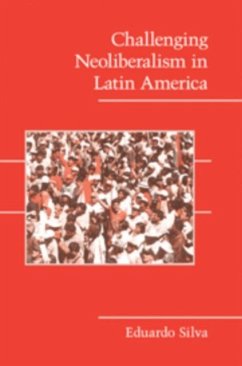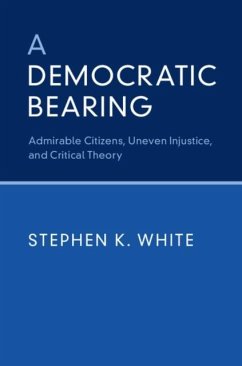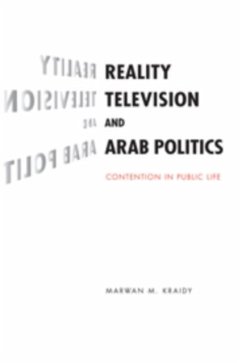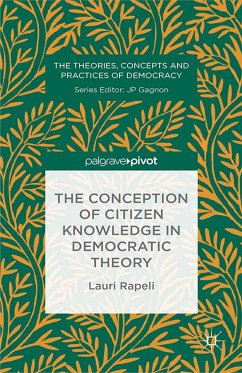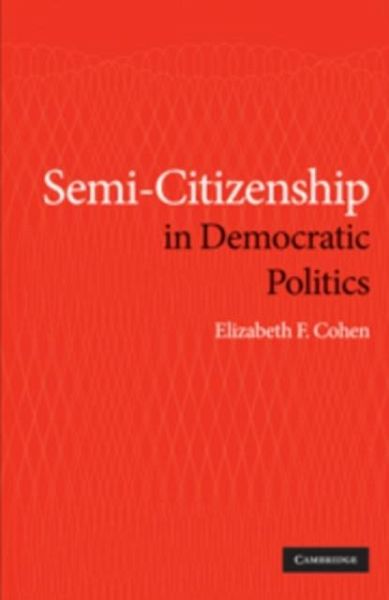
Semi-Citizenship in Democratic Politics (eBook, PDF)
Versandkostenfrei!
Sofort per Download lieferbar
32,95 €
inkl. MwSt.
Weitere Ausgaben:

PAYBACK Punkte
16 °P sammeln!
In every democratic polity there exist individuals and groups who hold some but not all of the essential elements of citizenship. Scholars who study citizenship routinely grasp for shared concepts and language that identify forms of membership held by migrants, children, the disabled, and other groups of individuals who, for various reasons, are neither full citizens nor non-citizens. This book introduces the concept of semi-citizenship as a means to dramatically advance debates about individuals who hold some but not all elements of full democratic citizenship. By analytically classifying the...
In every democratic polity there exist individuals and groups who hold some but not all of the essential elements of citizenship. Scholars who study citizenship routinely grasp for shared concepts and language that identify forms of membership held by migrants, children, the disabled, and other groups of individuals who, for various reasons, are neither full citizens nor non-citizens. This book introduces the concept of semi-citizenship as a means to dramatically advance debates about individuals who hold some but not all elements of full democratic citizenship. By analytically classifying the rights of citizenship and their various combinations, scholars can typologize semi-citizens and produce comparisons of different kinds of semi-citizenships and of semi-citizenships in different states. The book uses theoretical analysis, historical examples, and contemporary cases of semi-citizenship to illustrate how normative and governmental doctrines of citizenship converge and conflict, making semi-citizenship an enduring and inevitable part of democratic politics.
Dieser Download kann aus rechtlichen Gründen nur mit Rechnungsadresse in A, B, BG, CY, CZ, D, DK, EW, E, FIN, F, GR, HR, H, IRL, I, LT, L, LR, M, NL, PL, P, R, S, SLO, SK ausgeliefert werden.






